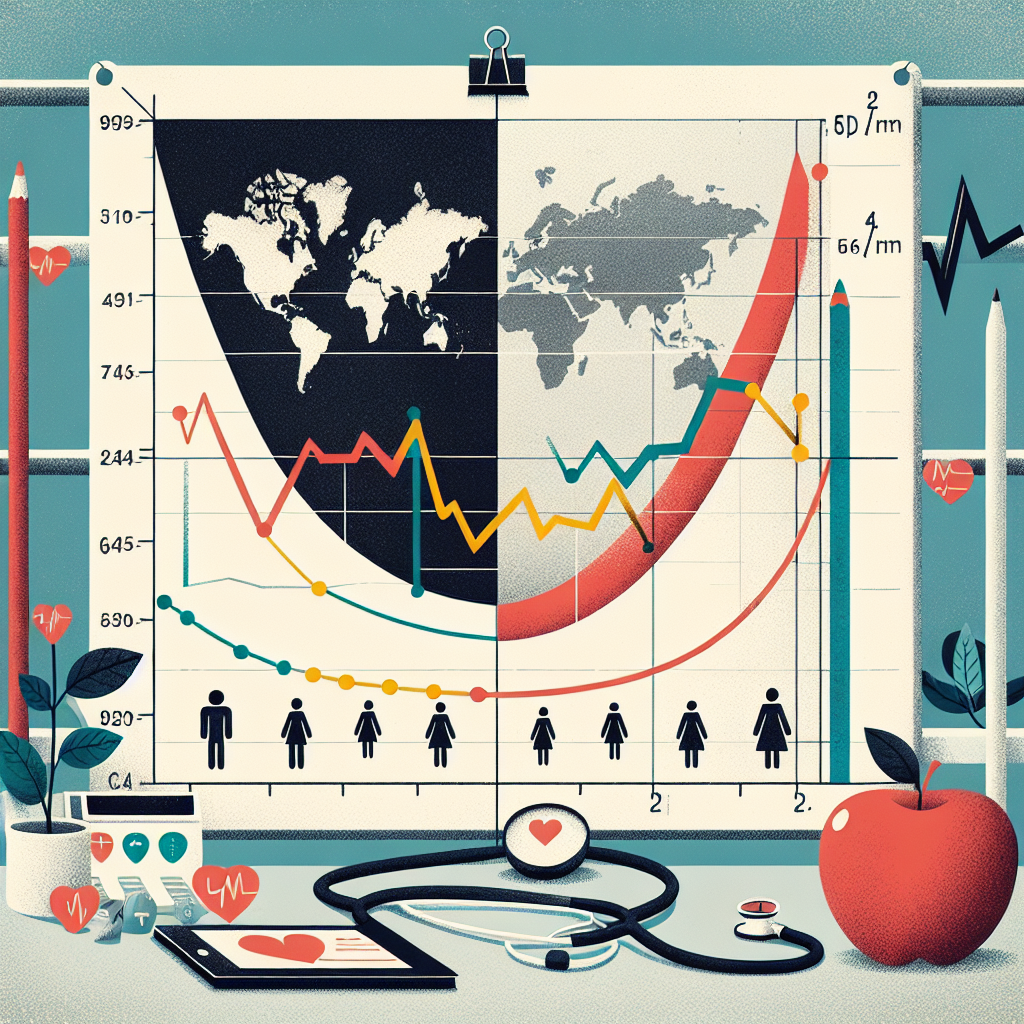Unlock the Editor’s Digest for free
Roula Khalaf, Editor of the FT, selects her favourite stories in this weekly newsletter.
Governments need to do more to address a gap in life expectancy between richer and poorer countries that is costing millions of lives, according to a report from the World Health Organization.
The 33-year gulf between the best and worst performers — Japan and Lesotho — has narrowed by nine years since the initial report in 2008. That report called for the gap between the top third and bottom third of countries, which stood at 18.2 years in 2000, to be reduced to 8.2 years by 2040.
That target is unlikely to be met at current rates of progress, according to Professor Sir Michael Marmot, who led the initial report and also advised on the latest publication. The WHO also drew attention to sharp and widening differences in longevity within countries.
“It is a sad indictment on government leaders that social injustice continues to kill on such a grand scale,” Marmot said. ‘‘The targets we set to close the health gap in a generation will be missed.’’
Children born in poorer countries are 13 times more likely to die before the age of five than in wealthier countries. Eliminating this wealth-related inequality “could help save the lives of 1.8mn children in low- and middle-income countries”, the report says.
The initial report in 2008 sought to catalyse action to address the “social determinants” affecting longevity, such as lack of quality housing, education and job opportunities.
Another key goal was to halve the gap in life expectancy between different social groups within countries by 2040. However, where there is data available, the span has often widened, the WHO found.

These intra-country differences, especially in lower-income countries, increase the chance that they “will be trapped in cycles of conflict and underdevelopment”, it adds.
In a foreword to the report, WHO director-general Tedros Adhanom Ghebreyesus describes the social determinants as “rooted in the structures of our societies, from educational access and income distribution, to living conditions and social protection”.
Adhanom Ghebreyesus said its findings underscore “that achieving more equitable health outcomes requires a concerted effort to address the complex web of social, economic, environmental and political factors that impact health”.
Although maternal mortality declined 40 per cent globally between 2000 and 2023, “progress stagnated between 2016 and 2023, and maternal mortality even increased in 2021” due to the impact of the Covid-19 pandemic, the WHO says.
It adds that there are major differences in life expectancy even between countries with very similar income levels. “[S]ome countries have managed to halve premature death over the past half-century, while in others, it has remained the same or even increased.”
Addressing the structural drivers of these differences will require, among other things, tackling economic inequality, investing in public services and infrastructure, strengthening social protection, including for people with disabilities or chronic health conditions, and legislating on and regulating “commercial activities that negatively affect health and health equity”.
Action has to be taken “in a way that also works to deal with the climate emergency”, the report adds.

